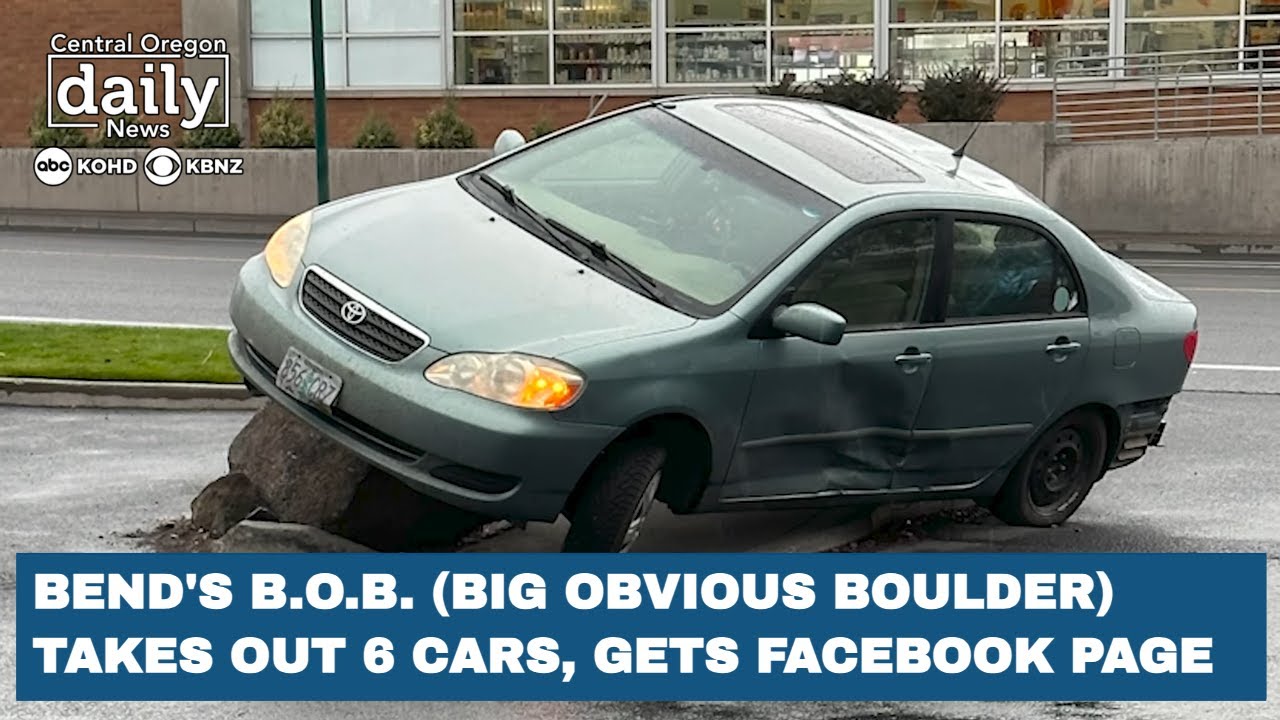- 2 Posts
- 8 Comments

 13·27 days ago
13·27 days agoUnderground spots are roughly 20 to 50 thousand dollars each. Surface lots are only a few thousand per spot.
Do you want to invest in my coffee shop idea? I need a few million dollars to build the required parking.

 5·29 days ago
5·29 days agoBike lanes on roads are practically free. For example, when repainting the road after resurfacing maintenance. It doesn’t take more paint to mark out a bike lane than it does for car parking.
Bike infrastructure at its core is a political issue. If you follow cyclist money, you’ll soon find it spent on bicycle advocacy groups. It’s the best bang-for-buck and addresses all the other barriers, like shop owners complaining about the free public parking they’re not paying for.

 14·1 month ago
14·1 month agoCritical Mass was so successful in San Francisco that it almost doesn’t exist anymore. These days discussions of bike lanes is more about what kind of lane rather than if bikes should even be allowed on the road.
https://www.kqed.org/news/11941576/the-night-that-changed-san-francisco-cycling-forever

 4·1 month ago
4·1 month agoThe article says part of the plan is to use fine money as a way to inject cash into the bus system. That seems like a good idea, but I’d like a local’s opinion! Is the bus system not working due to lack of routes? Long intervals? Something else?

 3·2 months ago
3·2 months agoI’m not car-free, but I do all my grocery shopping without a car. In fact, I’m at my local grocer as I type at 1.7 miles away taking 250 feet elevation gain and 210 feet loss. I understand your pain!
Here’s why I still think a bike fits your situation. Namely an inexpensive folding bike with a front basket and rack.
Hills are conquered in the same way as a cart: walking uphill. Also known as “hike a bike.” Folding bikes are usually also allowed on busses, so you could take a bus one way. You could time your departure to a bus schedule and shop knowing you don’t have to rush or spend a long time at the store.
Folders can be brought inside and consume about the same space as a folding trailer.
My overall point is a folding bike is a trailer that you can ride downhill in. Electric would be a nice upgrade, but it’s not necessary.

 12·2 months ago
12·2 months agoWhen cars are the only way to get to a bar or a friend’s place, then you’re going to get drunk drivers. Car dependency has a big hand in causing these deaths.
Not a problem. In that case you’d also have theft charges and would be liable for the car’s value in civil court (or whatever the Danish equivalent is).


Parking regulations don’t apply to public projects. Strong Towns well documents the problem with parking regulations as they are written and applied in practice. I highly recommend checking it out.